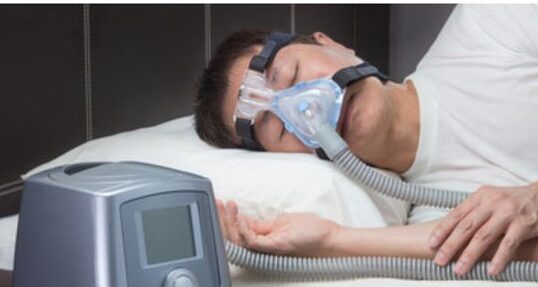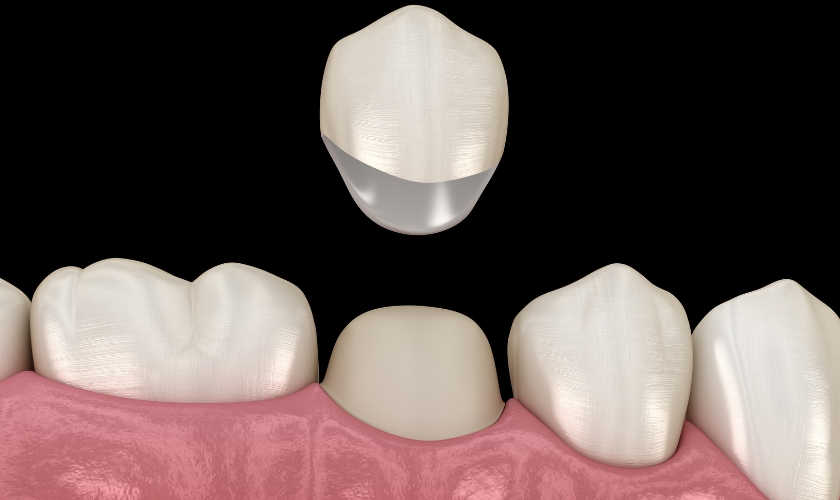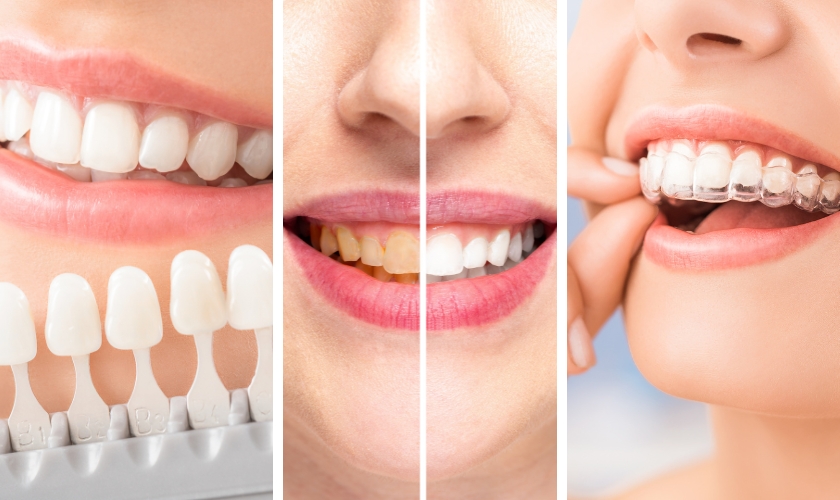Don’t Ignore the Snore: How Catching Sleep Apnea Early Can Save Your Life

How To Cope With Dental Anxiety?
February 27, 2023
How Regular Dental Cleanings Can Improve Your Overall Health
March 6, 2023Sleep apnea is a common sleep disorder that affects millions of people worldwide. It’s characterized by breathing interruptions during sleep, leading to poor quality rest and daytime fatigue. However, did you know that it can also have serious implications for your heart health? Recent studies show that untreated sleep apnea can increase the risk of heart attacks and other cardiovascular diseases. In this blog post, we’ll explore why early detection of sleep apnea is crucial in preventing heart attacks and how you can take proactive steps to protect your health. So sit back, relax, and let’s dive into the world of sleep apnea!
Diagnosis and Treatment Options
It’s estimated that 22 million Americans suffer from sleep apnea, but 80 percent of cases remain undiagnosed. Sleep apnea is a serious condition that’s linked to an increased risk of heart attacks, strokes, and other cardiovascular problems. Early detection and treatment of sleep apnea can help prevent these serious health complications.
There are two main types of sleep apnea: obstructive sleep apnea (OSA) and central sleep apnea (CSA). OSA is the more common type, caused by a blockage of the airway. CSA is less common, and occurs when the brain doesn’t send signals to the muscles that control breathing.
Sleep apnea is diagnosed with a sleep study, which can be done in a lab or at home. A sleep study involves spending a night in a special room where your sleep will be monitored. During the study, sensors will be attached to your body to measure things like brain activity, heart rate, oxygen levels in your blood, and how often you stop breathing during the night.
If you’re diagnosed with sleep apnea, there are several treatment options available. The most common treatment for OSA is continuous positive airway pressure (CPAP), which involves wearing a mask over your nose and mouth while you sleep. The mask blows air into your airway to keep it open. Other treatments for OSA include mouthpieces that keep your airway open or surgery to remove tissue.
Lifestyle Changes to Consider for Prevention
Sleep apnea is a serious condition that can lead to heart attacks, strokes, and other health problems. Early detection and treatment of sleep apnea are crucial in preventing these complications. There are several lifestyle changes that can help prevent sleep apnea or reduce its severity.
First, people with sleep apnea should avoid alcohol and smoking. Alcohol relaxes the muscles in the throat and can make sleep apnea worse. Smoking irritates the airways and can also make sleep apnea worse.
Second, people with sleep apnea should maintain a healthy weight. Obesity is a major risk factor for sleep apnea. Losing even a small amount of weight can help reduce the severity of sleep apnea.
Third, people with sleep apnea should try to sleep on their side rather than their back. Sleeping on your back allows gravity to collapse your airway, which can worsen sleep apnea. Sleeping on your side keeps your airway open and can help prevent sleep apnea.
Fourth, people with sleep apnea should use a humidifier at night. Dry air can irritate the airways and make sleep apnea worse. A humidifier adds moisture to the air and can help reduce the symptoms of sleep apnea.
Finally, people with sleep apnea should see their doctor regularly to monitor their condition. Sleep apnea often goes undiagnosed, but it is a serious condition that requires treatment. Seeing your doctor regularly will ensure that you keep it under check.
Conclusion
Early detection of sleep apnea is an important step in preventing heart attacks. With the right diagnosis and treatment plan, those with sleep apnea can reduce their risk of having a heart attack. By recognizing symptoms such as snoring, daytime fatigue, and difficulty sleeping through the night, you can be proactive in seeking out medical care and getting the help you need to reduce your risks. Don’t ignore these signs – early detection of sleep apnea is key to protecting yourself from serious health issues down the road. Book your appointment with our Olds dentist today.




